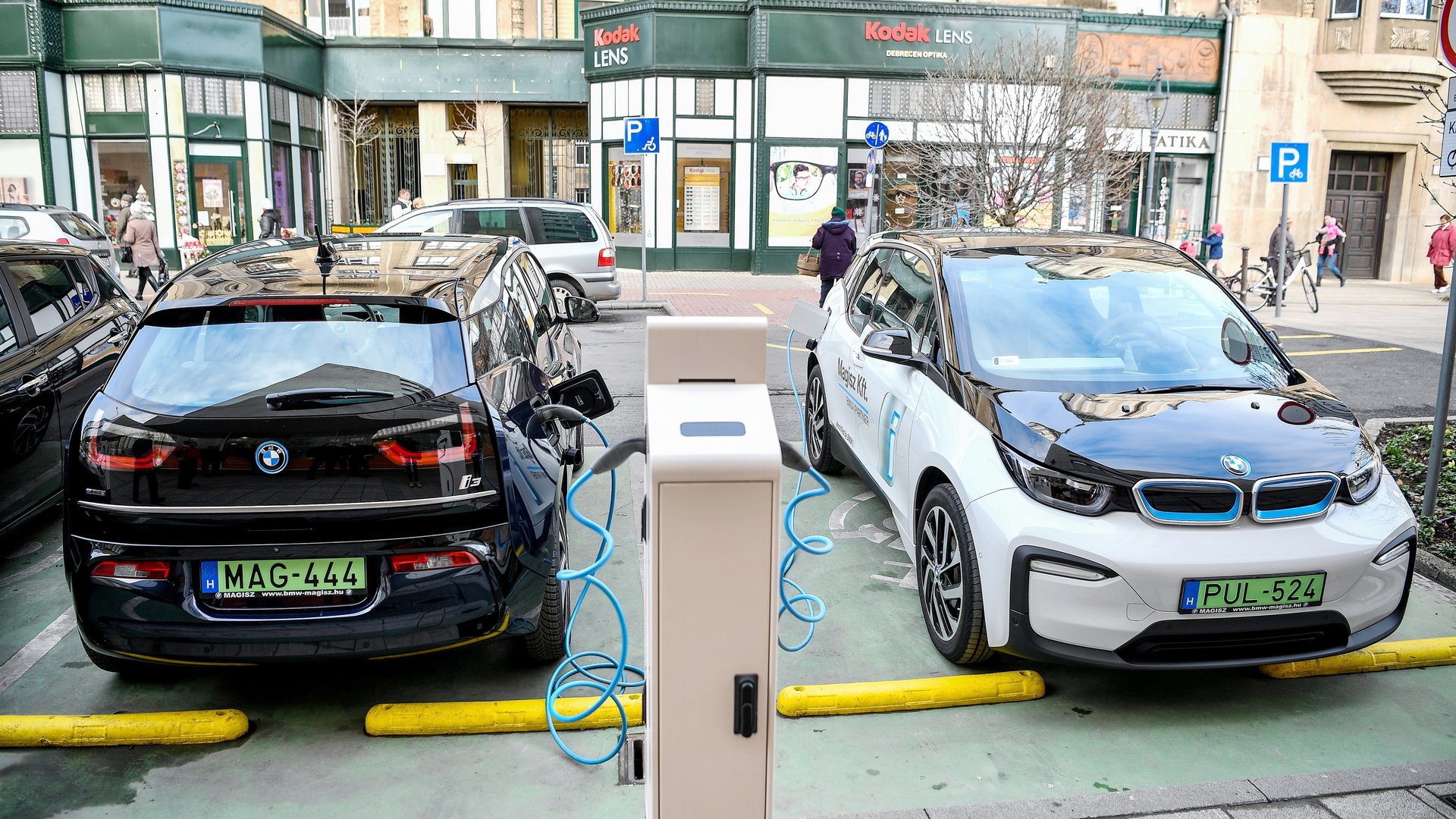The government on Thursday promised it would “soon” launch a new subsidy scheme for electric and hybrid vehicles, after the previous scheme was abruptly ended.
Transport Minister Alexis Vafeadis told media that the government is carrying out a study and that “soon we will announce new schemes subsidising electric and hybrid vehicles”.
He added: “The effort is to benefit vulnerable groups and the middle class, so that they can transition to electric in a bid to cut down on emissions and achieve our country’s targets for 2030”.
The minister demurred when asked to give a timeline for the announcement of a new subsidy plan.
As to whether the subsidy would be monetary or in the form of tax breaks, Vafeadis said they are looking into both options.
But initially, to speed things up, the subsidy would be in cash form.
“The issue of tax breaks is something we intend to discuss in order to help create a secondary market…it’s just that this matter has yet to be decided.”
The minister stressed that the aim is to help out the average consumer “and not necessarily the car dealers or importers”.
“Each [car] manufacturer sets out goals for each dealer. And based on these goals, the vehicles are traded.”
One way or another – with or without a state subsidy – these types of vehicles would make their way to the market, Vafeadis asserted.
Disy MP Fotini Tsiridou, who tabled the issue for discussion in parliament, spoke of a “sudden” interruption of the prior subsidy scheme – apparently on the pretext of concerns that electric vehicles would never arrive in Cyprus. But car dealers said this was not the case.
“So let them [the government] tell us based on what data did they interrupt the scheme. In addition, we want to see where the €6 million in funds has gone, the amount concerning precisely this part of the Recovery and Resilience Plan.
“We received no answer on this, and we expect one from the finance ministry.”
Weighing in, Akel MP Valentinos Fakontis was likewise suspicious of why the prior scheme got axed.
“The ministry’s excuse that delays in payments to the beneficiaries [meaning car dealers and importers], or that the electric vehicles not being registered in time by the end of 2025 would put at risk the disbursement of the last tranche of the Recovery and Resilience Plan, are not convincing.”






Click here to change your cookie preferences